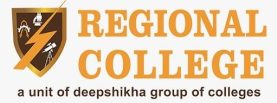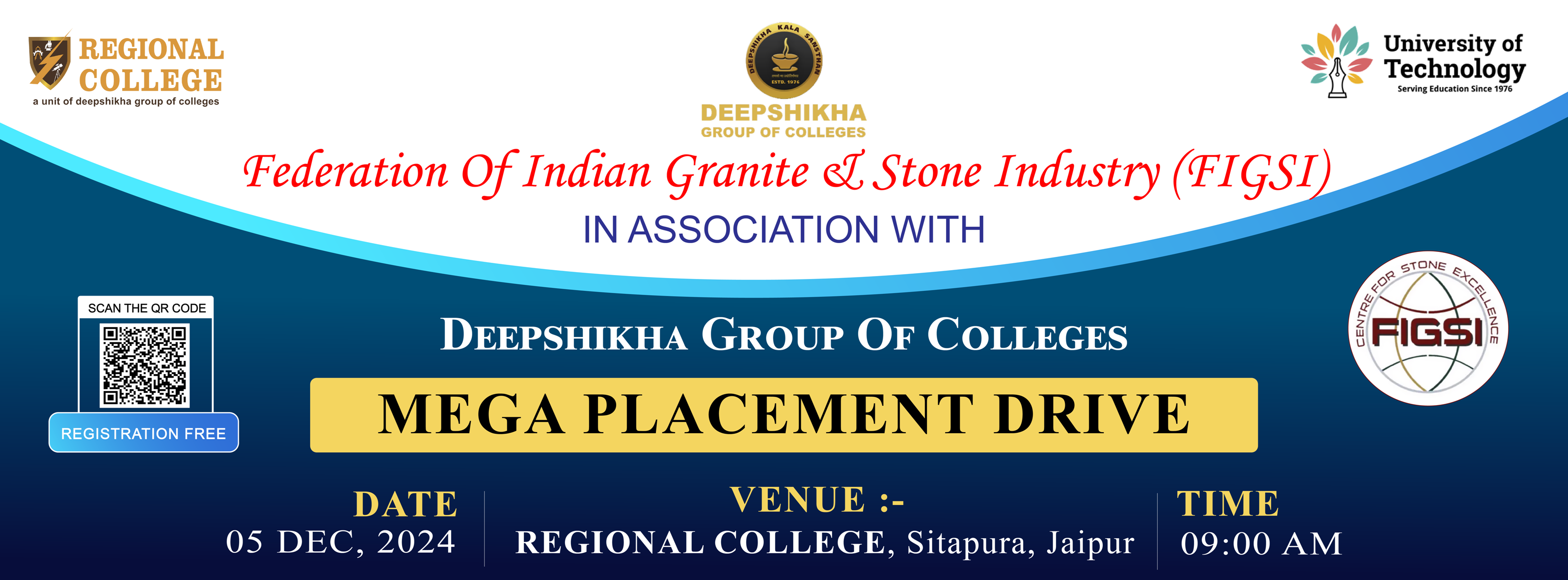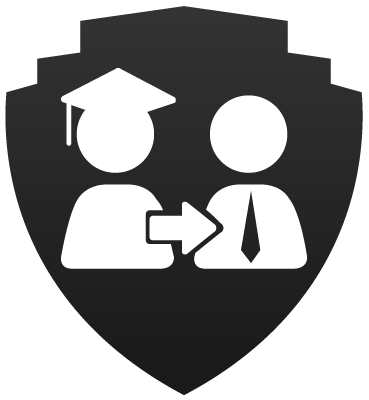
From being a student to stepping into the professional world, can indeed be a challenging experience, especially for young engineers. Stepping into the unknown, full of opportunities and uncertainties can be overwhelming. However, with the right mindset and focus, success can be achieved smoothly.
In this blog, we will explore some career options offered to engineering students who are going to enter the professional world and help them navigate this phase successfully. Read further to know more.
8 Crucial Skills Required To Be An Engineer
Below are the 8 crucial skills required to be an engineer to achieve the ultimate success at your workplace. Go through the table to know what skills you need as an aspiring engineering professional.
| S.No. | Essential skills required to be an engineer |
|---|---|
|
1. |
Up-to-date tech knowledge |
|
2. |
Solid understanding of basic maths and physics |
|
3. |
Creativity & innovation |
|
4. |
Logical thinking & Problem solving |
|
5. |
Presentation skills |
| 6. |
Research & analytical skills |
|
7. |
Leadership skills |
|
8. |
Organisational skills |
Career Options Offered For Engineering Students
| S.No | Top 8 career options for engineering students in demand this 2025 |
| 1 . | Computer science engineering |
|
2. |
Software engineering |
|
3. |
Mechanical engineering |
|
4. |
Civil engineering |
|
5. |
Cybersecurity roles |
|
6. |
Chemical engineering |
|
7. |
Aerospace engineering |
|
8 |
Artificial intelligence and machine learning |
Tips For Engineering Students Shifting To Professional Roles
A) Understanding the industry landscape
It is very important to understand the industry you are willing to enter. Engineering is a broad field that includes various branches, such as software engineering, mechanical engineering, and civil engineering. The first step is to research the sector in which you want to work. Now start by identifying the key trends, required skills, new technologies etc related to your field and prepare accordingly. Beyond the industry understanding, research the companies you are interested in working with, study their mission, vision and recent projects. This will allow you to gain valuable insights and can be helpful during the interview.
B) Role of Colleges in Bridging the gap between Academic & Professional Skills
While almost every college offers a strong foundation in academics and theory practice, knowledge of professional skills and practical application of theory are lacking in many colleges. Therefore, pursuing internships for engineering students is very important. Many colleges organise internship drives for students to gain practical experience. Short-term real-life projects for engineering students are also organised for college students so that they are able to gain experience without committing too much time.
Someone who has actively participated in college activities and worked on practical projects must have developed relevant skills and would face comparatively less challenges in the job market. Colleges also help develop soft skills like teamwork, communication, leadership etc. These skills are typically honed through group projects, club activities, and presentations—so make sure to participate actively in these aspects of college life.
C) Building professional relationships & networks
It is one of the most powerful and helpful tools in the corporate world. As a student, connect to various people and increase your network through college internships, projects, events, job fairs etc. Networking not only helps you land a job, it helps build relationships with long-term benefits, providing advice, and mentorship, it may also give you a chance to collaborate with great and well-known industry professionals.
Additionally, be sure to maintain an active LinkedIn profile. This platform has become an essential networking tool for professionals across industries. Keep your profile up to date with your latest experiences, skills, and certifications. Engaging with posts related to your field can help you stay visible within your professional community.
D) Importance of strong resume and portfolio
Your resume and portfolio are the first impressions for interviewers. Having a strong, up-to-date resume is important especially when you are willing to enter a well-known company or are competing with highly skilled candidates.
Along with a strong resume, a good portfolio can be a spotlight. Especially for the engineering roles that involve designing, programming or product development have a great advantage to showcase their creativity easily through a well-maintained portfolio. The goal of your resume and portfolio is not just to get your foot in the door, it’s to prove that you are ready and capable of stepping into a professional role.
E) How to maintain work-life balance
An engineering professional is always occupied because of the increasing demand for working professionals. Some people try to give more of their time and hours to work considering it to be a success and growth not realising the negative impact on mental health in the long run. However, it is important to balance your work and personal life and focus on your health, relationships and personal interests.
Disconnecting from your personal and social life to excel in the workplace is not the key. Manage your time, pursue your hobbies and spend time with your loved ones. Maintaining a balance between work and personal time will make you more productive and happier in both aspects of your life.
Learn to prioritize tasks and understand that not everything will always be urgent. Overworking yourself is a recipe for burnout, so it’s crucial to recognize when you need to take a break or disconnect from work.
Conclusion :
From being an engineering student to entering a professional role, the shift can feel challenging, but with the right preparation and mindset, it becomes an exciting and rewarding journey. Understanding the industry, bridging the gap between academic and professional skills, building a strong network, creating a standout resume, and maintaining a healthy work-life balance will set you up for a successful transition.
Take advantage of all the resources available to you as a student, including scholarship for engineering students, internships, mentorships, and career services. Scholarships can help ease the financial burden of your education and allow you to focus more on gaining the skills and experiences necessary for your career. Embrace the challenges ahead, stay focused, and remember that the skills and knowledge you’ve developed in college are just the beginning of an exciting professional journey. To select your future job field depending upon your skills, contact us for a complete guide to the career counselling process for engineering students offered by Regional College.















